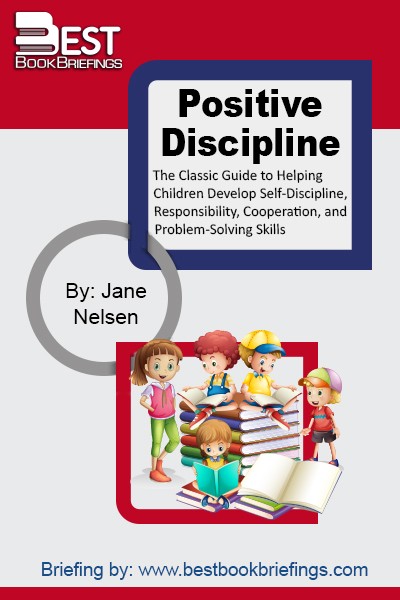Positive Discipline
The Classic Guide to Helping Children Develop Self-Discipline, Responsibility, Cooperation, and Problem-Solving Skills
Editorial Review
If you are a teacher, have you been teaching long enough to remember when children sat in neat rows and obediently did what they were told? If you are a parent, do you remember when children wouldn't dare talk back to their parents? Maybe you don't, but perhaps your grandparents do. Many parents and teachers today are feeling frustrated because children don't behave the way they used to in the good old days. What happened? Why don’t today's children develop the same kinds of responsibility and motivation that seemed more prevalent in children many years ago?
Book Reviews
Books on Related Topics
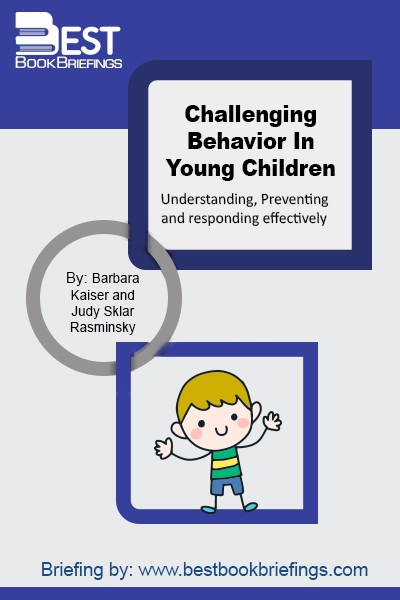
The Text brings together knowledge from neuroscience psychology, psychiatry, child development, special education, early Care and education, cross culture research, and proactive social skills programs and organizes it into a single comprehensive (and comprehensible) whole. The research–based strategies can be used separately or together, providing you with the collection of tools
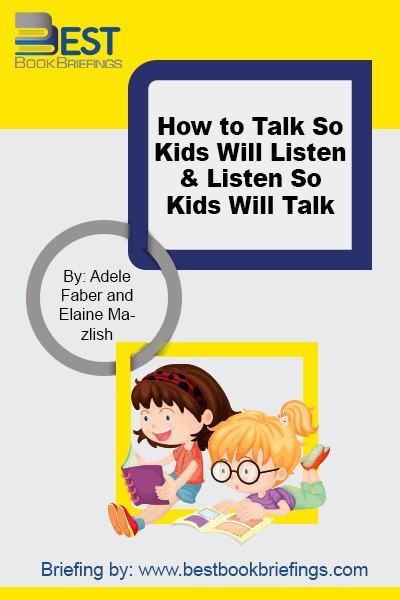
Here is the bestselling book that will give you the know-how you need to be effective with your children. Enthusiastically praised by parents and professionals around the world, the down--to--earth, respectful approach of Faber and Mazlish makes relationships with children of all ages less stressful and more rewarding. Recently revised and
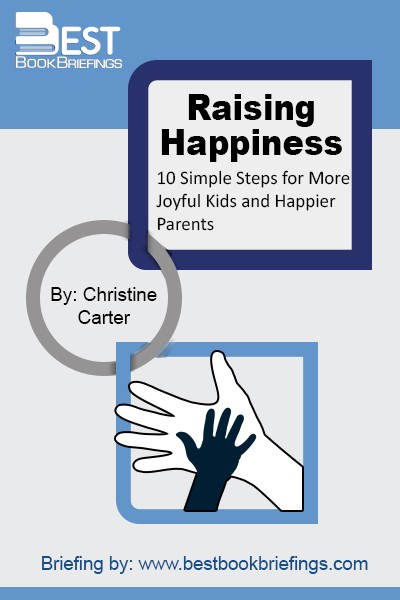
We parents want our children to grow into happy adults—but the trouble is sometimes we feel as though our children’s personalities are already more or less set in genetic stone. The good news is that we actually do have a lot of influence. Parenting practices have a tremendous effect on children’s
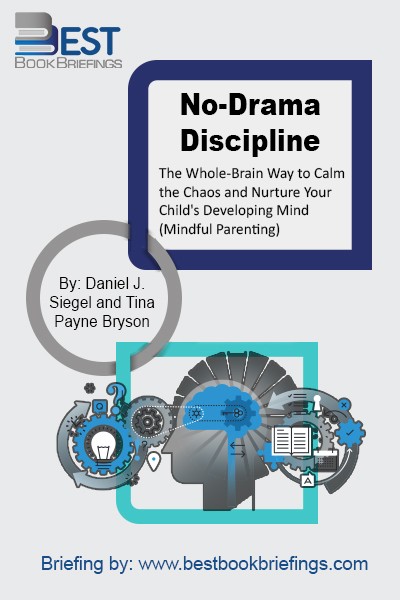
Do you ever find yourself asking, after an especially agonizing interaction with your kids, “Can’t I do better than this? Can’t I handle myself better, and be more effective parent? Can’t I discipline in ways that calm the situation rather than create more chaos?” You want the bad behavior to stop,

Giftedness should extend far beyond a category or a label; it should certainly not be confined to a score or an IQ or achievement test. The test simplifies the recognition of some talents, but the complex potential of a child’s talents, sustained interests, and special aptitudes cannot be represented by performance
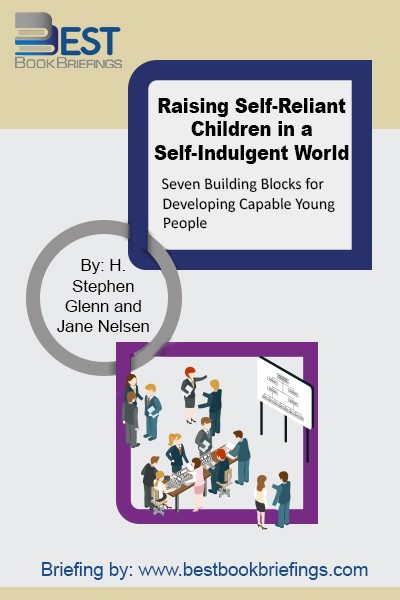
By many standards, the world is a much better today than it was forty years ago. Still, in the past, we could assume that children growing up, if they survived physically, would be equipped with the capabilities to act in their own behalf and pursue opportunities as adults. Today, when the

